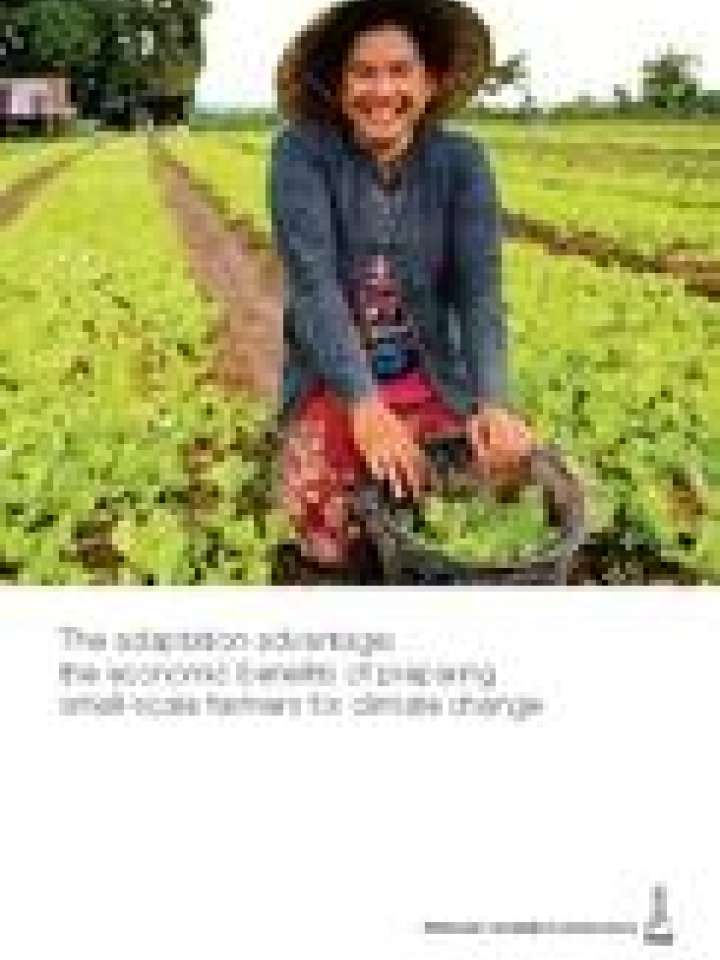The adaptation advantage: the economic benefits of preparing small-scale farmers for climate change
The case studies included in this paper represent the diverse situations in which environmental or climate-related problems pose a challenge to human development. The five selected rural development projects examine a range of adaptation activities that are geared to reduce risks from specific climate hazards, from flood protection in the Haor Delta of Bangladesh, to coping with extreme heat and aridity in the Bolivian highlands, and Turkey, where the introduction of slope stabilisation methods helps communities escape the brunt of floods and landslides. They demonstrate that it is possible to quantify the benefits that arise from adaptation investments in economic and financial terms.
This is part of a more comprehensive accounting process aimed at evaluating different adaptation options to get the most impact. The case studies are centered on expressing benefits at the community or household scale. The methodologies that have been applied look at values such as: avoided damages from investments in climate change adaptation; increased production functions as a result of sustainable intensification or diversification; net incremental income for smallholder farmers; and employment gains.
The document was launched as part of a live debate hosted by IFAD and Thomson Reuters Foundation to explore the economic benefits of climate change adaptation projects on the ground, as well as how UN climate talks can deliver results for small farmers.
Explore further
